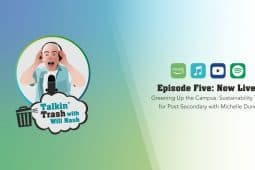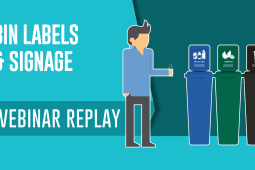July 25, 2016
Definition
Clean energy is energy that is produced through methods that do not release greenhouse gases or any other pollutants. Clean energy can be generated from renewable sources like solar and air currents.
Want to Know More
It is important to note that the terms renewable energy and clean energy are not interchangeable. Not all renewable energy methods are clean energy. For example, geothermal power is renewable energy source but some of the ways it can be processed can have a negative impact on the environment.
The benefits of clean energy are that it reduces our reliance on fossil fuels and can mitigate climate change. In the United States, more than a third of emissions are derived from coal and other Fossil Fuels. Switching to renewable sources would reduce this and could provide as much as 40 percent of the American energy demand by 2030.
—
Other Sources
Union of Concerned Scientists. “Clean Energy.” Union of Concerned Scientists. http://www.ucsusa.org/clean_energy#.V5d-llUrLIU. Accessed July 26, 2016.
United States Energy Information Administration. “Renewable Energy Explained.” United States Energy Information Administration. http://www.eia.gov/energyexplained/?page=renewable_home. Accessed July 26, 2016.
“The Differences Between Clean Energy, Renewable Energy, and Alternative Energy.” UK Utilities. https://www.ukutilitiesltd.com/2017/03/05/the-differences-between-clean-energy-renewable-energy-and-alternative-energy/. Accessed September 27, 2019.







